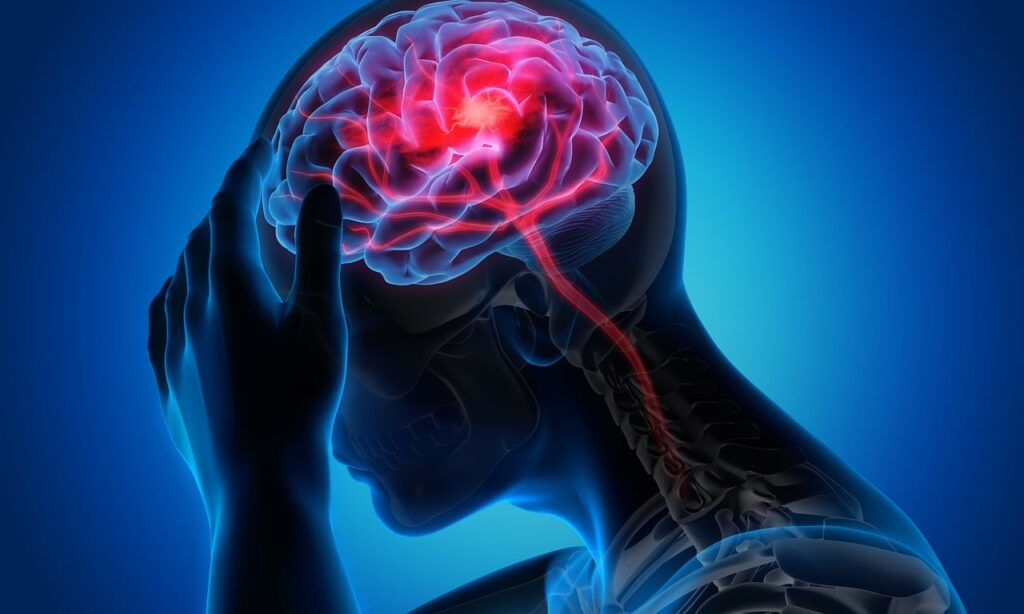Introduction
Migraines are more than just headaches; they are intense, throbbing pains that can last for hours or even days. These debilitating episodes often come with nausea, sensitivity to light, and even visual disturbances. Fortunately, there are effective ways to manage migraines and reduce their impact on your daily life. In this article, we’ll explore what migraines are, their causes, symptoms, and actionable tips to manage and prevent them.
Table of Contents
What is a Migraine?
A migraine is a type of headache that causes severe, pulsating pain, usually on one side of the head. Unlike regular headaches, migraines often come with additional symptoms, including:
- Nausea or vomiting
- Sensitivity to light, sound, or smells
- Visual disturbances like flashing lights or blind spots (known as aura)
Migraines can last anywhere from 4 hours to 72 hours and can significantly disrupt a person’s life. They affect about 1 in 7 people globally, making them one of the most common neurological disorders.

Causes of Migraines
The exact cause of migraines isn’t fully understood, but several factors can trigger or contribute to their onset:
- Genetics: Family history plays a significant role in migraine susceptibility.
- Hormonal Changes: Many women experience migraines around their menstrual cycle due to fluctuating hormone levels.
- Stress: Emotional or physical stress can trigger migraines.
- Dietary Triggers: Certain foods and drinks, like caffeine, alcohol, and processed foods, can provoke migraines.
- Sleep Disruptions: Both too much and too little sleep can increase the risk of migraines.
Understanding your triggers is an important step in managing migraine episodes.
Symptoms of Migraines
Migraines can present differently for everyone, but common symptoms include:
- Severe, throbbing pain on one side of the head
- Nausea or vomiting
- Sensitivity to light and sound
- Fatigue and dizziness
- Difficulty concentrating
In some cases, people experience auras, which are visual or sensory disturbances, such as seeing flashes of light or feeling tingling in the arms or legs, before the headache phase begins.
How to Manage Migraines
While migraines can’t be cured, they can be managed. Here are some effective ways to reduce the frequency and severity of migraine attacks:
1. Identify Triggers
Keep a migraine diary to track your triggers. Pay attention to what you ate, your stress levels, sleep patterns, and weather conditions before an attack. Identifying and avoiding triggers can significantly reduce migraines.
2. Stay Hydrated
Dehydration is a common migraine trigger. Make sure to drink plenty of water throughout the day to stay hydrated and reduce the likelihood of an attack.
3. Manage Stress
Practice stress-reduction techniques like deep breathing, yoga, or meditation. Regularly incorporating these practices into your routine can help prevent stress-induced migraines.
4. Maintain a Regular Sleep Schedule
A consistent sleep routine helps regulate your body’s natural rhythms, which can lower the risk of migraines. Aim for 7–9 hours of sleep per night and avoid oversleeping.
5. Eat Balanced Meals
Skipping meals or eating processed foods can trigger migraines. Focus on eating balanced meals at regular intervals, and include foods rich in magnesium, like spinach, almonds, and avocado, which are known to help reduce migraines.
6. Exercise Regularly
Moderate physical activity, such as walking or swimming, can help reduce the frequency of migraines. However, avoid intense exercise if it triggers headaches for you.
7. Medication
Over-the-counter pain relievers, like ibuprofen or acetaminophen, can help during the early stages of a migraine. In more severe cases, your doctor may prescribe medication to prevent or treat migraines.


When to See a Doctor
If your migraines are becoming more frequent or severe, or if they disrupt your daily life, it’s essential to consult a healthcare provider. They can help identify specific treatments or preventative strategies tailored to your needs.
Conclusion
Migraines can be challenging, but by understanding your triggers and making lifestyle adjustments, you can manage and reduce the impact of these painful episodes. Whether it’s staying hydrated, managing stress, or following a consistent routine, small changes can make a big difference.
For more personalized advice on managing migraines, don’t hesitate to contact the healthcare professionals at Health Authentica!










